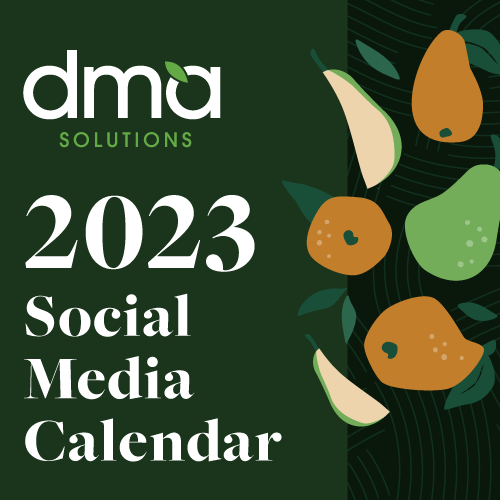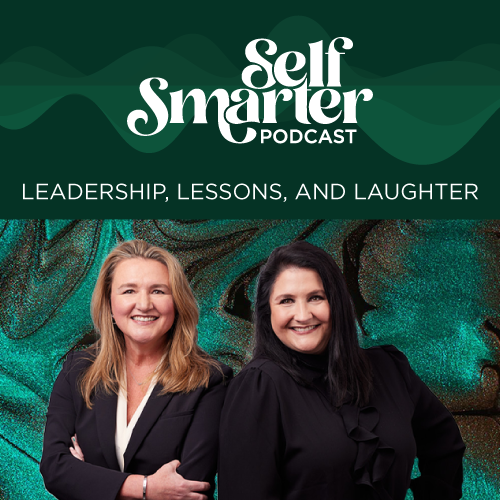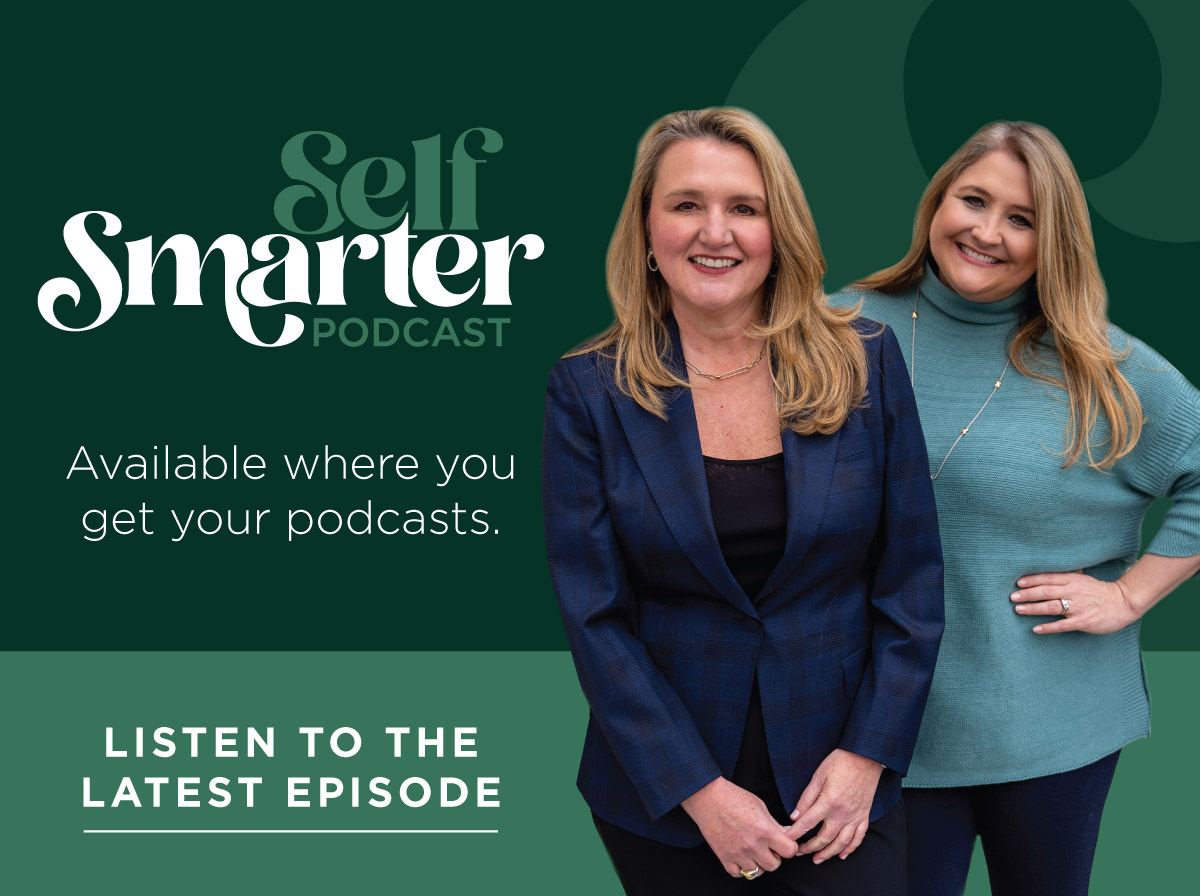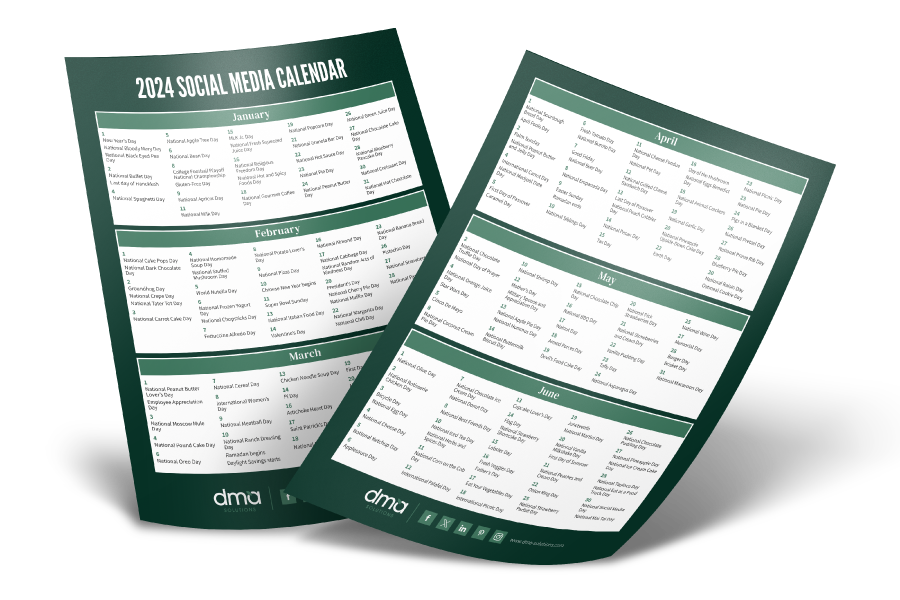 In today’s cluttered digital media space, it’s hard enough to stand out from the crowd without handicapping yourself by becoming an “ego marketer.”
In today’s cluttered digital media space, it’s hard enough to stand out from the crowd without handicapping yourself by becoming an “ego marketer.”
Ego marketers are usually well-meaning marketers that have gotten caught up in a hard sales pitch mentality. These marketers focus on sharing content that only benefits their brand our company, but not their audience. Even though they have sales on the mind, their tactics actually get in the way of sales efforts and create road blocks to brand loyalty; and in a world where a majority of business are on social media, consumers expect brands to know how to behave online in order to grab their loyalty. In short, ego marketing reduces the effectiveness of all marketing communications, particularly on social media, turning consumers off audiences.
So how do you spot an ego marketer? Here we spell out the 5 worst ego marketing blunders:
- Talking at your audience. Have you ever walked into a crowded room and made a statement about yourself in the hopes of igniting a conversation? Starting a Facebook update the same way will also lead to a lack of engagement. Instead, lead with a question about your audience, and make the question about them rather than about you. Consumers loves to share, but only if you give them an open invitation to do so tailor your content to ask about their likes, preferences and tastes.
- Leaving your social network on autopilot. Have you ever walked up to a group of people, asked a question and then left the group before anyone replied? It is nearly impossible to manage a social media team without some sort of content management system. But a successful social media marketer will leverage both live connection with optimized scheduled content to ensure that each time the brand attempts to make a connection, there is someone there to engage with the consumer.
- Talking too much about yourself. No one likes to hear anyone, no matter how amazing, talk about themselves day in and day out. Creating a content strategy that only measures the number of clicks and ROI means that your relationship with your audience will decline as quickly as your self-promotion increases. Keep your content balanced between offering content that offers value, and specific brand information.
- Lacking authenticity. When was the last time you trusted a card shark with your wallet? The same can be said for links that are either unclear or deceptive. Being upfront about what you have to offer, and what links you are offering builds strong consumer loyalty. Using trick words, or ambiguous updates in attempts to lure consumers to your landing pages is the quickest way to lack authenticity and lose consumer trust.
- Spamming. When was the last time you repeated yourself in a conversation 5 times to make sure that everyone heard you? It’s true, repetitive content helps drive traffic, but constant content that lacks creativity and floods the status stream will have consumers reaching for mute in a hurry. A good rule of thumb is to tweet no more than 7 times a day, or no more than 2-3 Facebook posts a day.
Are you guilty of acting like an ego marketer on your social media channels? Stay tuned for more on how to become more authentic at the social media party – by listening, engaging, sharing, being helpful and being human.











